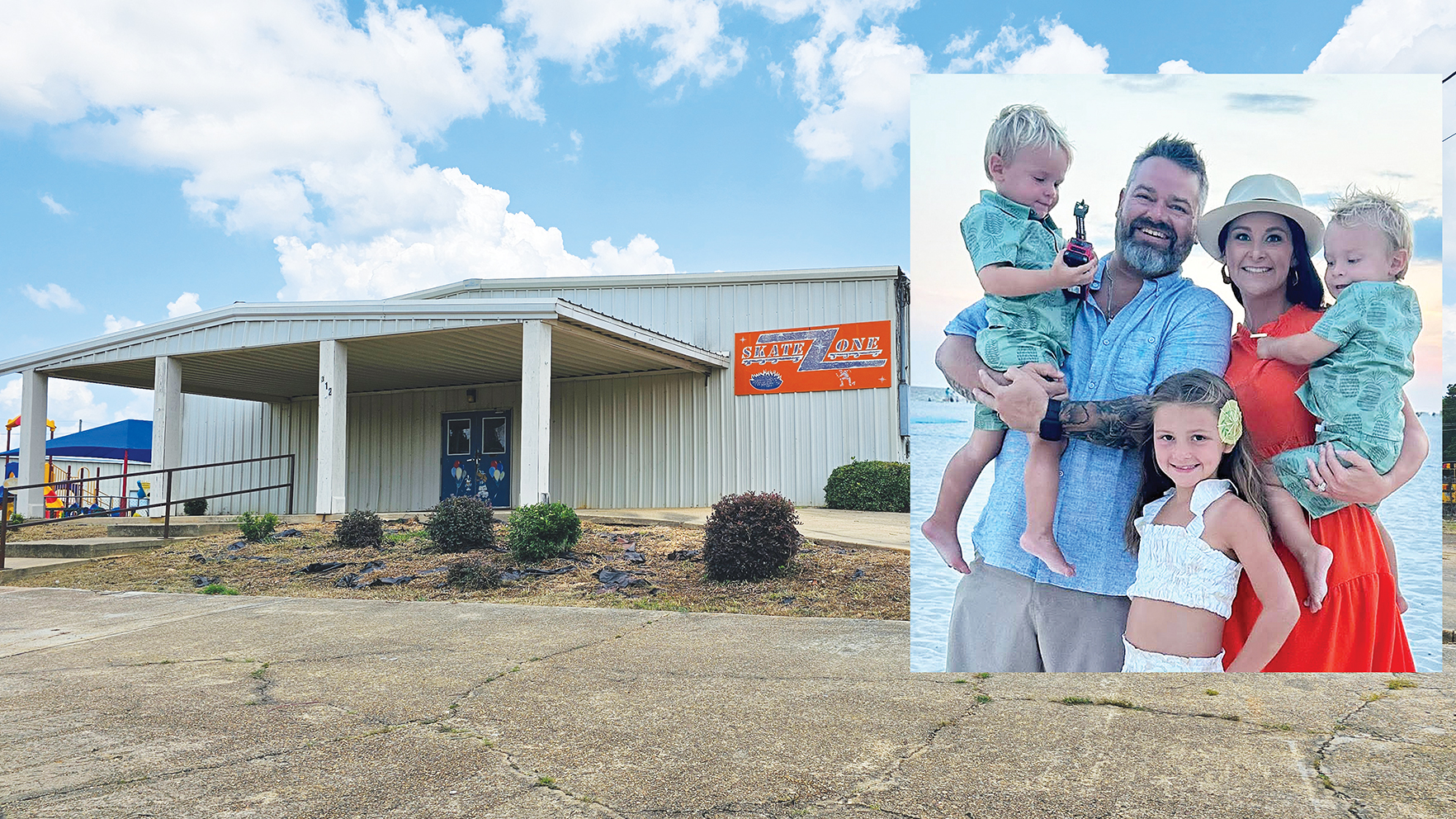Money best way to help attack victims
Published 5:00 am Thursday, September 20, 2001
As rescue workers continue activities at the site of the last week’s World Trade Center attack, state and local emergency relief officials are encouraging citizens who want to help to consider financial contributions to the effort.
After speaking with New York officials, Mississippi Emergency Management Agency (MEMA) officials said an overwhelming response has exceeded current demand for rescue and recovery efforts. No volunteers, donations of equipment or goods are needed now.
“They have plenty of help now,” said Clifford Galey, Lincoln County Civil Defense coordinator.
Trending
Galey said New York officials are working through state emergency management offices across the country to request help when needed. State offices will then filter the requests for assistance down to local emergency agencies.
“They’re passing along what they need and don’t need,” Galey said.
In a letter to local civil defense offices, MEMA ExecutiveDirector Robert Latham said long-term needs of families are expected to be paramount.
“Families will face many problems involving personal finances,health services, home preservation and educational obligations to children,” Latham said.
With financial considerations in mind, Latham said the public could make a contribution to the New York State World Trade CenterRelief Fund. Citizens may call (800) 801-8092 or send donations to P.O. Box 5028, Albany, NY 12205.
On a cautious note, Galey urged citizens to make relief causes they are confident with and “not just anybody who calls.”
Trending
“We don’t want people to get taken trying to donate to this disaster,” Galey said.
While money is the focus now, Galey said volunteers are lining up to go to New York if needed. He said there had been about 12calls from volunteer firefighters, emergency services personnel and others.
“I feel like if we put out the call, people here will respond,”Galey said.
For now, though, Galey said state and local emergency services agencies are taking their cues from New York.
“People are going to need things,” Galey said. “They just don’t know at this point exactly what and when.”





